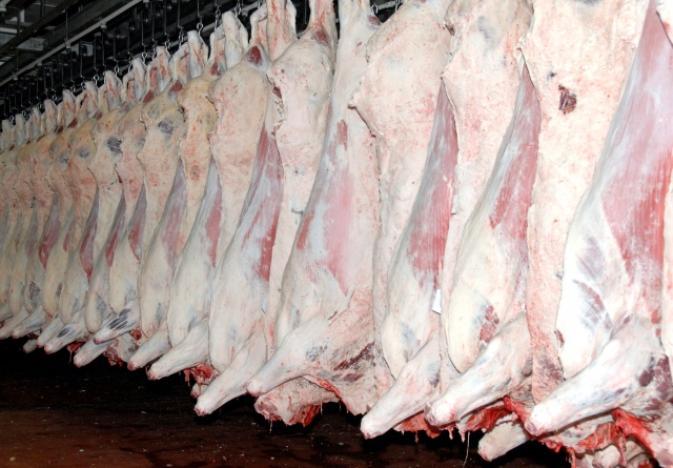Japan May Remove BSE-Linked Age Restriction
Japan’s Food Safety Commission is scheduled to meet to possibly remove the age restrictions on cattle for U.S. beef exports to Japan. According to the Japanese news agency Kyodo, the research unit of the Food Safety Commission has considered the potential impacts of removing the age limit since April, in response to continued pressure from the U.S. to remove the Bovine Spongiform Encephalopathy (BSE)-linked age restriction.

In 2003, Japan banned all imports of U.S. beef following the discovery of BSE in a U.S. cow, but resumed imports in 2005 from cattle no more than 20 months of age. That age limit remained until January 2013, when Japan agreed to ease the restriction to beef from cattle up to 30 months of age.
Japan has been America’s number one beef export destination for years. Prior to the BSE-related ban in 2003, Japan was importing $1.3 billion in U.S. beef. In 2017, Japan imported more than $1.5 billion from U.S. beef suppliers, and through September of 2018 it had already imported $1.3 billion.
Removing the age restrictions could further help the U.S. relative to competitiveness in the Japanese market as it seeks to compete against Australia with both Japan and Australia in the revised Trans-Pacific Partnership (TPP) agreement, dubbed CPTPP.
SOURCE: Drovers